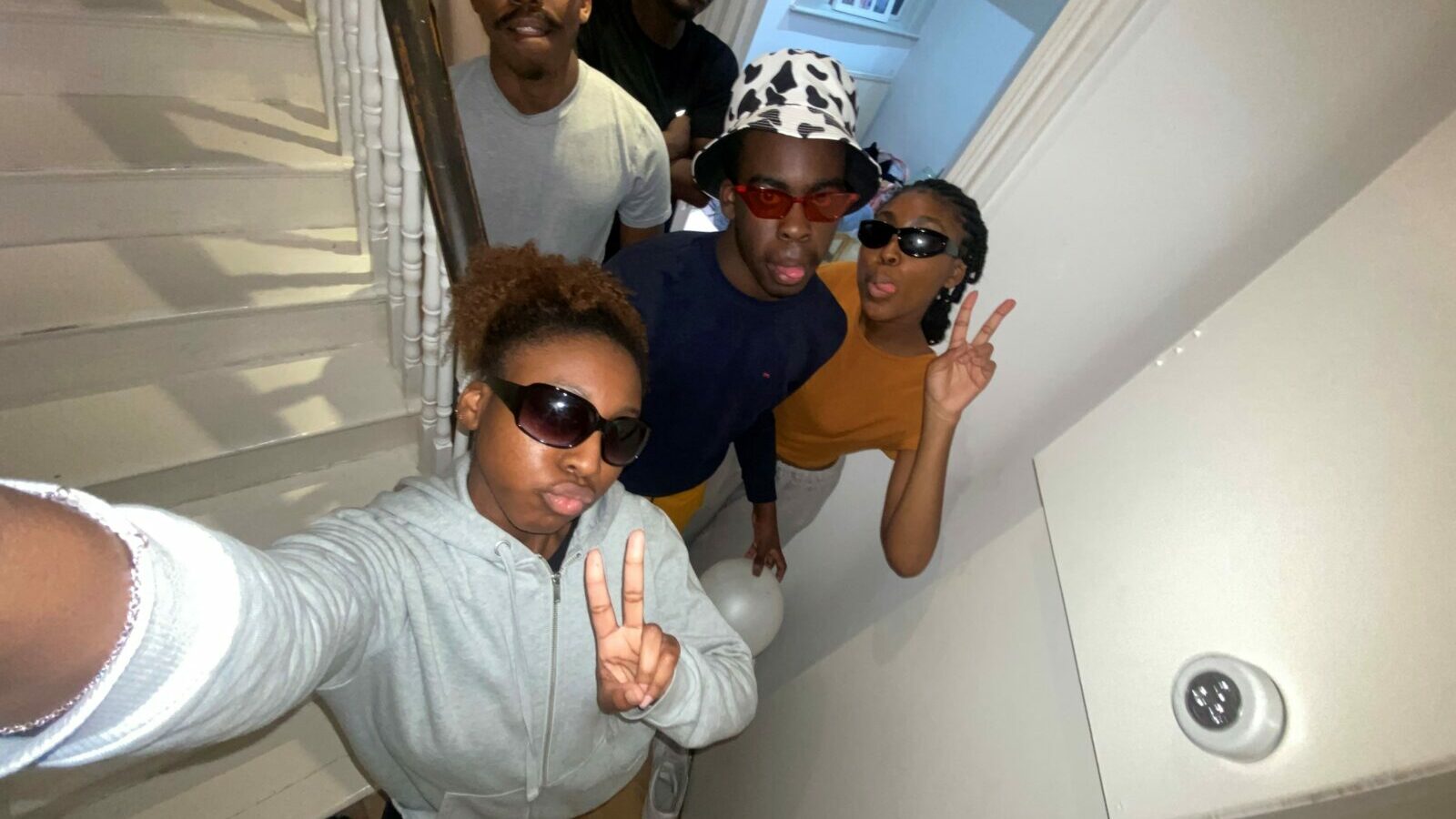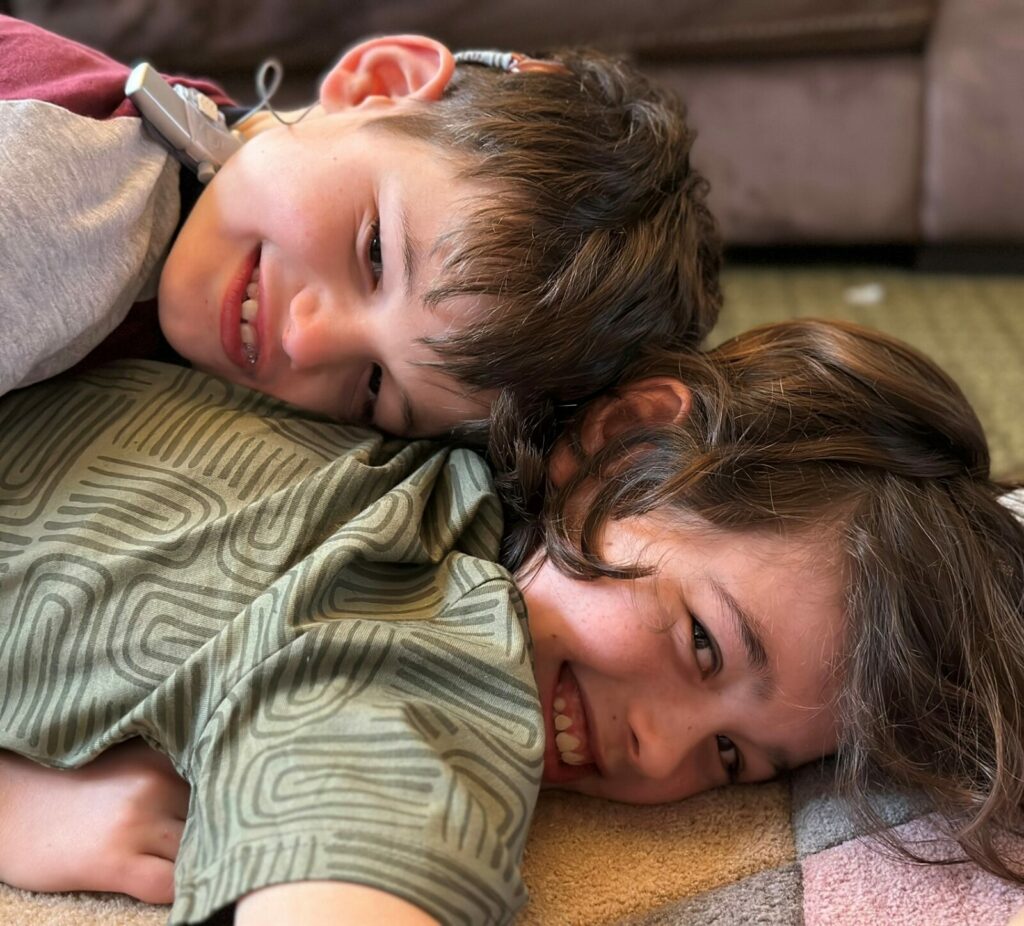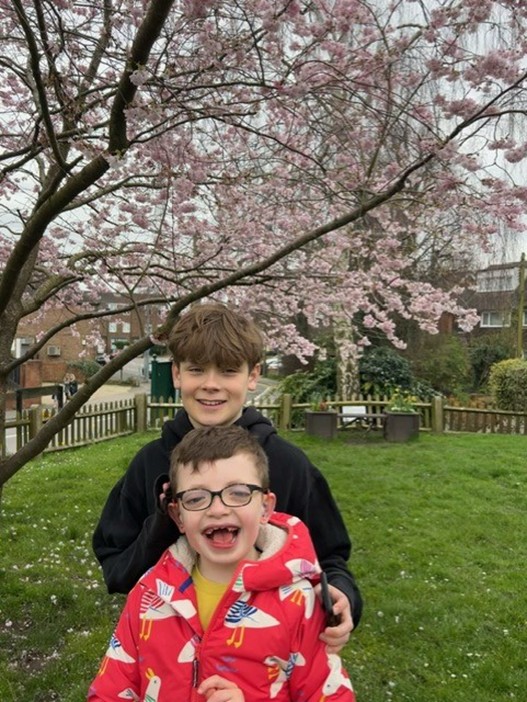As you enter Willow Dene School, you are met with the words “Seeing possibilities, realising dreams” emblazoned on the reception wall.
That motto means that, for staff at this south London academy, there are no limits to what its 317 disabled pupils, most of whom have learning disabilities, can achieve. The ethos involves working with families and, in two groundbreaking new programmes, involving pupils’ siblings and grandparents. These schemes are led by deputy head teacher Emma Bennett and assistant head Joshua Garrett-Smith.
Garrett-Smith says: “We prioritise collaboration because families know their children best. When young people come to us, families are sometimes not in a great place.
“A child might have had a rotten time in a mainstream school, or parents might have been through hell to secure a place here, or their child might have a tough medical diagnosis. We let families know we understand how hard it is and that we want to work with them.”
Bennett adds: “We see ourselves as advocates for families who have complex lives. We have three liaison staff who help parents with anything from assisting with housing needs, filling in disability living allowance forms or finding respite services. We work hard to include parents in a child’s learning.”
That work has now extended to other family members. The idea was sparked when a parent told head teacher Rachel Harrison that her non-disabled child didn’t invite friends home because they were embarrassed about their sibling.
Bennett explains: “Rachel immediately realised siblings needed support as part of our whole-family approach. Brothers and sisters often take on caring roles but, because they are at different schools, have little connection with what their sibling is doing all day.”
In 2022, the school made building sibling relationships a core priority, with aims also to celebrate siblings’ relationships and encourage peer support.
Siblings were invited in and a sibling-selfie competition held to celebrate their bonds in any medium from poetry to video. This culminated in an exhibition and a prize sponsored by a local business. The sibling focus is now embedded in Willow Dene’s family work.
The grandparent programme began after the school noticed how many older people were pupils’ day-to-day carers, with either full-time responsibilities or stepping in when parents were at work.
Garrett-Smith says: “We weren’t sure how popular this would be but so many grandparents turned up to our first meeting we had to find loads of extra chairs.
“Going around the room, the grandparents’ emotions emerged, their love and pride in their grandchildren but also the challenges they face. There were tears.”
Bennett says: “Grandparents play a significant role in pupils’ lives so we can share common goals, strategies and successes.
“At that first meeting, grandparents expressed a need for help with communication and play. So we are now offering training in those. We explain what we do here and why, building on what they want to know.
“A lot of our pupils are bussed into school, which reduces school gate contact. We gave grandparents a tour of the school – it was fantastic to see one person who had been quiet in the meeting come alive when he walked into his grandson’s class.”
Willow Dene is keen that its model is taken up by other schools.
Bennett says: “The first thing to do is start that conversation, invite people in. Make sure programmes are written into a school’s development plan so there is real focus. Find ways of engaging the whole school.
“Use the Sibs’ charity’s website for ideas [on how to support siblings]. Also engage the community. Our siblings have a space on the school’s newsletter every week. Most of all, just get started – if it works for the wider family, it ultimately works for pupils.”
Sam Carlisle is a freelance journalist







